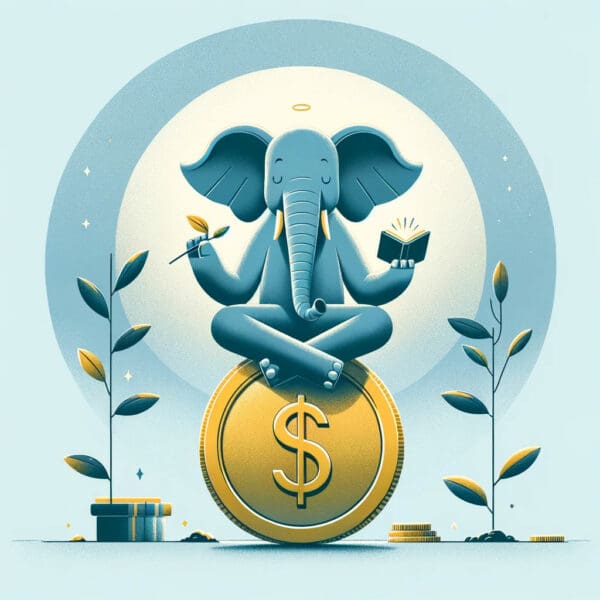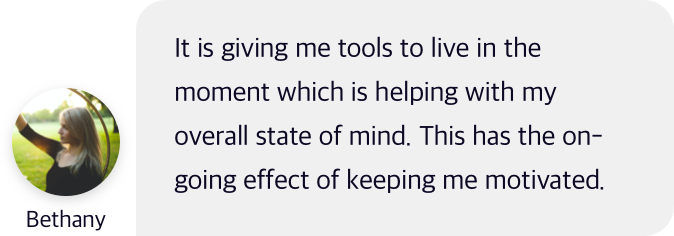Journey inward and
awaken your potential.
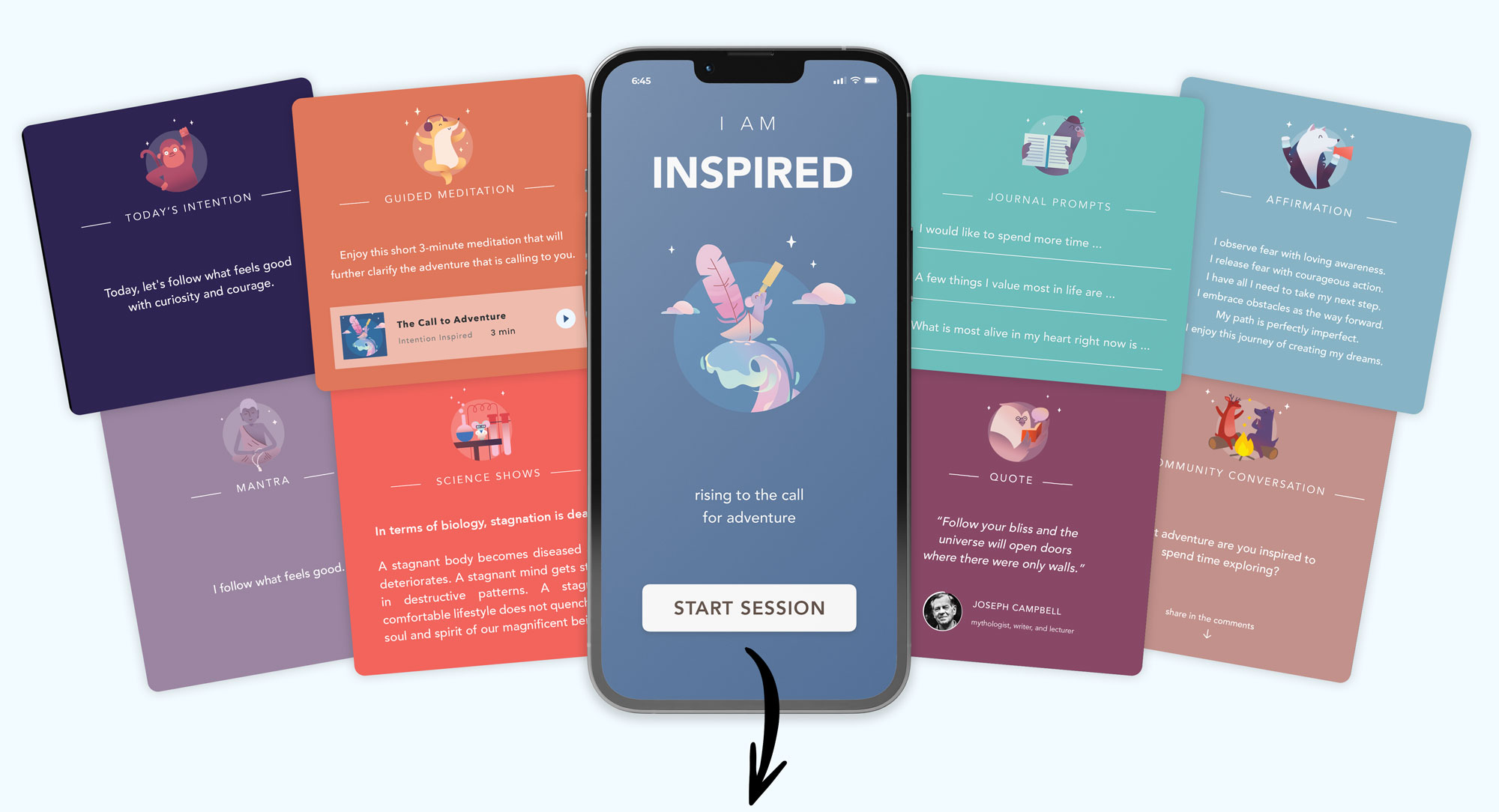
- 🧭 20+ self-guided journeys
- ✨ 300+ short daily sessions
- 💡 2000+ bite-sized inspirations
Cancel before your free trial ends and you will never be charged. After your free trial, you'll be charged $95.99 which will auto-renew each year. Cancel anytime.
Start 14-day free trailCancel before your free trial ends and you will never be charged. After your free trial, you'll be charged $14.95 which will auto-renew each month. Cancel anytime.
Start 7-day free trialIf you can't afford Intention Inspired, request a scholarship or get our free Daily Intent Newsletter.
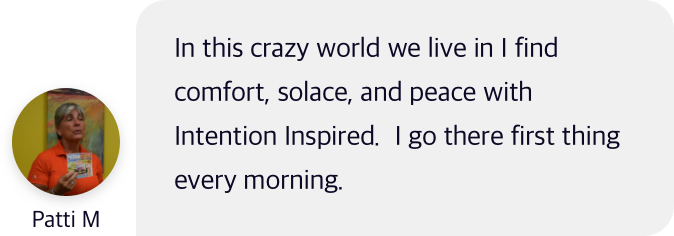
FAQs
It is a growing library of short daily sessions and self-guided journeys designed to cultivate deeper awareness and connection to self.
Each short daily session is woven with tried-and-true methods, techniques, and practices like guided meditations, science revelations, healthy habits, creative exercises, journal prompts, releasing rituals, and beyond…
Intention Inspired is for the spiritually curious who are dedicated to expanding their inner universe through self-discovery.
Embark on journeys guided by the wisdom of luminaries like Alan Watts, Byron Katie, Tony Robbins, Ram Dass, Tara Brach, Mooji, Sadhguru, Eckhart Tolle, and others…
We alchemize their profound insights into practical methods and tools that cultivate self-awareness, nurture emotional resilience, and sculpt a growth mindset.
After subscribing, we will celebrate by throwing confetti all over the place.
🎉 Click here for a small sample. Jitter-click for a large sample. 🎊
Then, you will automatically be logged in and have full access to all sessions and journeys!
Start your adventure with a free trial, and enjoy full access without any charges.
Feel free to explore and cancel anytime before the trial concludes to ensure you're not billed.
You can cancel your subscription from your Account page anytime.
Or send us a message and we'll cancel your subscription for you.
That right! If you don't find Intention Inspired valuable beyond your free trial, send us a message and we'll give you a full refund, no questions asked.
Send Matt a message and he'll get back to you ASAP.
Enjoy a daily microdose of tools, practices, and wisdom to inspire your best self to shine.
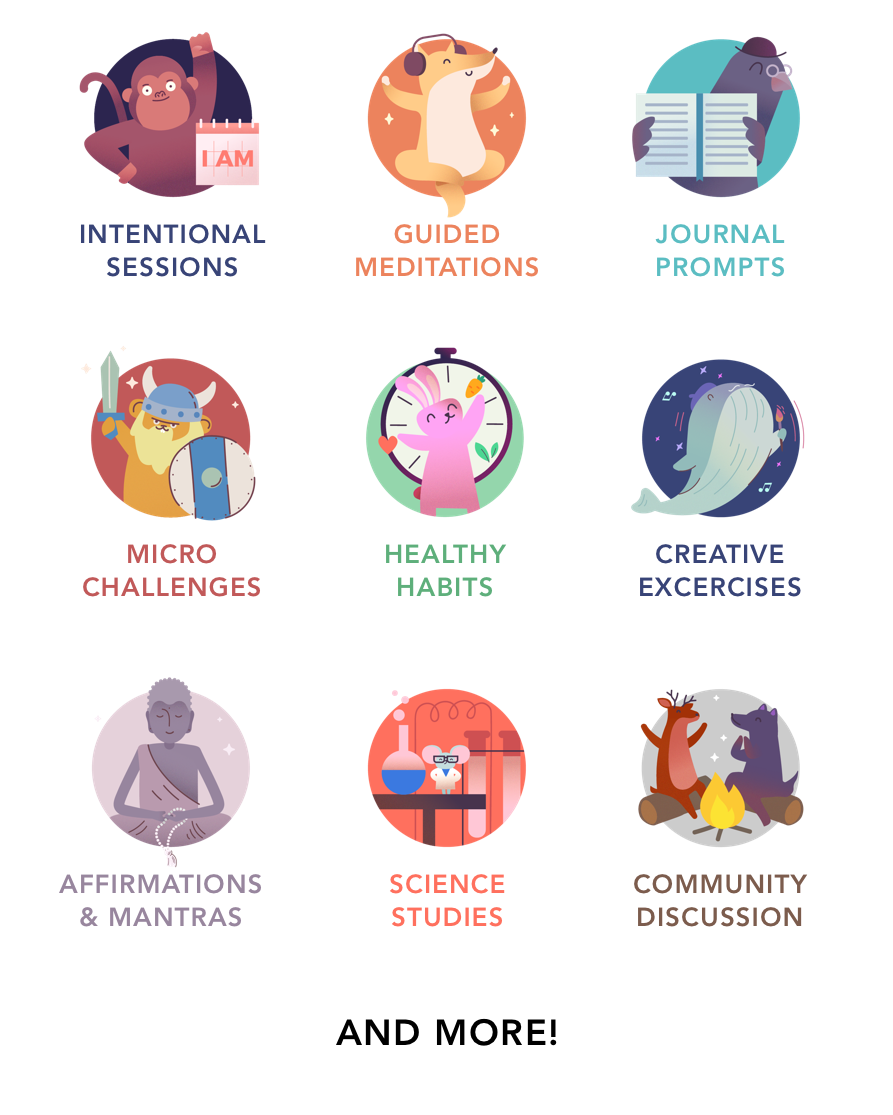

Cancel before your free trial ends and you will never be charged. After your free trial, you'll be charged $95.99 which will auto-renew each year. Cancel anytime.
Start 14-day free trailCancel before your free trial ends and you will never be charged. After your free trial, you'll be charged $14.95 which will auto-renew each month. Cancel anytime.
Start 7-day free trialIf you can't afford Intention Inspired, request a scholarship or get our free Daily Intent Newsletter.
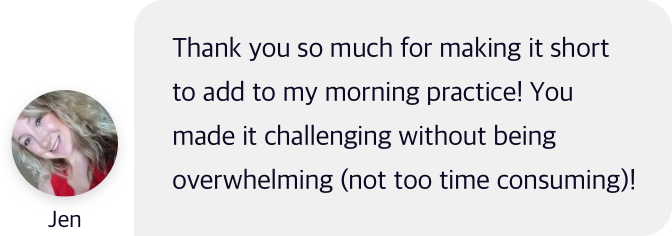
Recent Journeys

7 Days of Fasting
Cleanse the body, open the heart, and nourish the soul through intentional fasting.
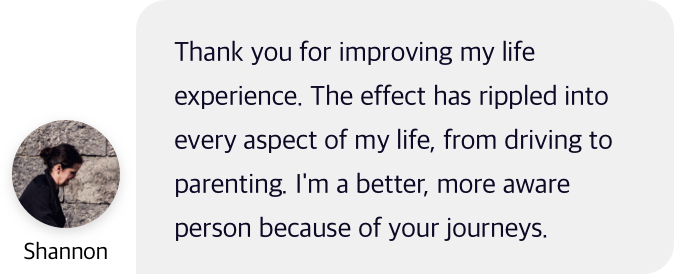
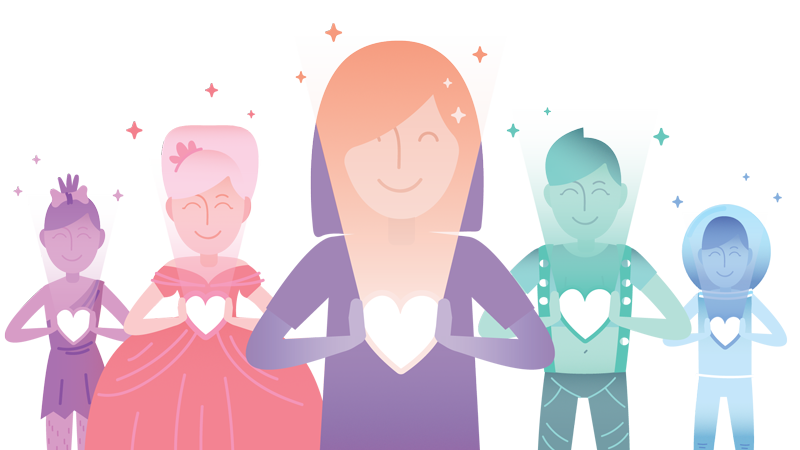
Start your day inspired
and live with more intention.
Cancel before your free trial ends and you will never be charged. After your free trial, you'll be charged $95.99 which will auto-renew each year. Cancel anytime.
Start 14-day free trailCancel before your free trial ends and you will never be charged. After your free trial, you'll be charged $14.95 which will auto-renew each month. Cancel anytime.
Start 7-day free trialIf you can't afford Intention Inspired, request a scholarship or get our free Daily Intent Newsletter.



